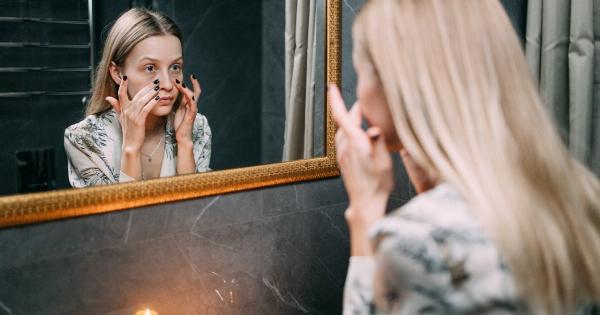Essential oils have gained popularity in recent years for their potential to promote relaxation and improve sleep.
These concentrated, aromatic compounds are derived from plants and have been used for centuries in various cultures for their therapeutic properties. In this article, we will explore the science behind essential oils and their effects on sleep.
What are Essential Oils?
Essential oils are highly concentrated plant extracts obtained through steam distillation or cold-pressing methods.
These oils capture the essence and aroma of the plant, containing the natural compounds responsible for their unique fragrance and therapeutic benefits. The most commonly used essential oils for sleep include lavender, chamomile, ylang-ylang, bergamot, and sandalwood.
How Do Essential Oils Impact Sleep?
The effects of essential oils on sleep can be attributed to their interactions with the limbic system, which is closely associated with emotions, memories, and arousal.
When inhaled or applied topically, the aromatic compounds in essential oils stimulate the olfactory system, sending signals to the brain regions that regulate sleep and relaxation.
1. Lavender Essential Oil
Lavender essential oil is one of the most widely studied oils in relation to sleep. Research has shown that lavender oil can improve sleep quality, promote relaxation, and help alleviate symptoms of insomnia.
One study found that inhalation of lavender oil before bedtime increased deep sleep and reduced symptoms of sleep disturbances.
2. Chamomile Essential Oil
Chamomile essential oil is known for its calming properties and has been traditionally used as a sleep aid. It contains compounds such as apigenin, which binds to specific receptors in the brain and induces relaxation.
Several studies have demonstrated that chamomile oil can reduce anxiety, improve sleep quality, and enhance overall sleep efficiency.
3. Ylang-Ylang Essential Oil
Ylang-ylang essential oil is derived from the flowers of the Cananga odorata tree and has a sweet, floral fragrance. It has been used in aromatherapy to promote relaxation and reduce stress.
Studies suggest that ylang-ylang oil may have sedative effects, helping individuals fall asleep faster and experience deeper sleep stages.
4. Bergamot Essential Oil
Bergamot essential oil is derived from the peel of a citrus fruit and is known for its uplifting and calming properties. It contains compounds like linalool and limonene, which have been found to reduce anxiety and promote relaxation.
While bergamot oil is often used to alleviate stress and improve mood, limited research has explored its specific effects on sleep.
5. Sandalwood Essential Oil
Sandalwood essential oil has a woody and earthy aroma and is commonly used in meditation practices. It is believed to have sedative effects and promote deep relaxation.
Research suggests that sandalwood oil may increase the amount of non-rapid eye movement (NREM) sleep, which is considered the restorative phase of sleep.
How to Use Essential Oils for Sleep?
There are several ways to use essential oils for sleep:.
– Inhalation: Add a few drops of essential oil to a diffuser or vaporizer and inhale the aroma before bedtime. Alternatively, you can place a drop or two on a tissue and place it near your pillow.
– Topical Application: Dilute the essential oil with a carrier oil, such as coconut or jojoba oil, and apply it to your skin. Massage the oil into your temples, wrists, or the soles of your feet.
– Bath: Add a few drops of essential oil to your bathwater and enjoy a relaxing soak before bedtime. Make sure to mix the oil with a dispersing agent, such as a carrier oil or bath gel, to prevent skin irritation.
Safety Considerations
While essential oils can offer potential sleep benefits, it is important to use them safely:.
– Essential oils should be diluted before topical application to avoid skin irritation or allergic reactions.
– Some essential oils may interact with medications or have contraindications for certain medical conditions.
Consult with a healthcare professional before using essential oils, especially if you have any underlying health concerns or take medications.
– Avoid using essential oils internally unless under the guidance of a qualified aromatherapist or healthcare professional.
– Keep essential oils out of reach of children and pets.
Conclusion
Essential oils have a long history of therapeutic use and have been increasingly studied for their potential effects on sleep.
While research suggests that certain essential oils, such as lavender and chamomile, can promote relaxation and improve sleep quality, further studies are needed to fully understand the mechanisms and effectiveness of essential oils for sleep. If you are considering using essential oils for sleep, it is important to use them safely and consult with a healthcare professional if necessary.


























